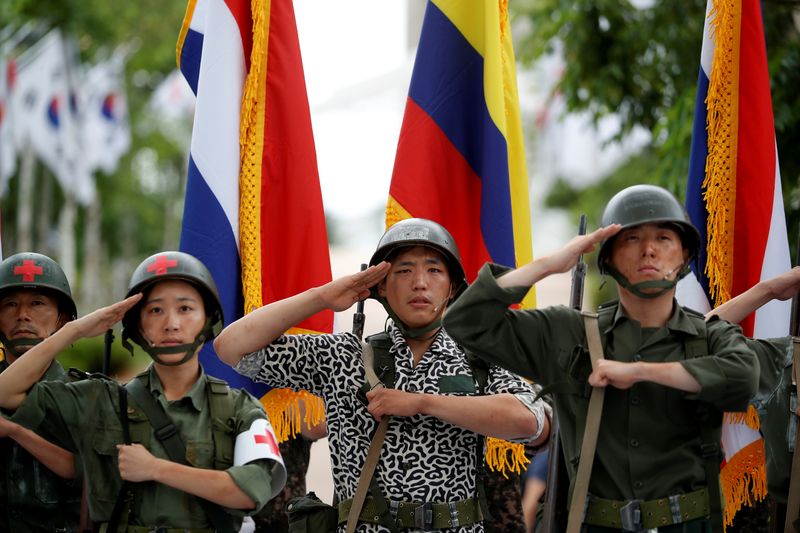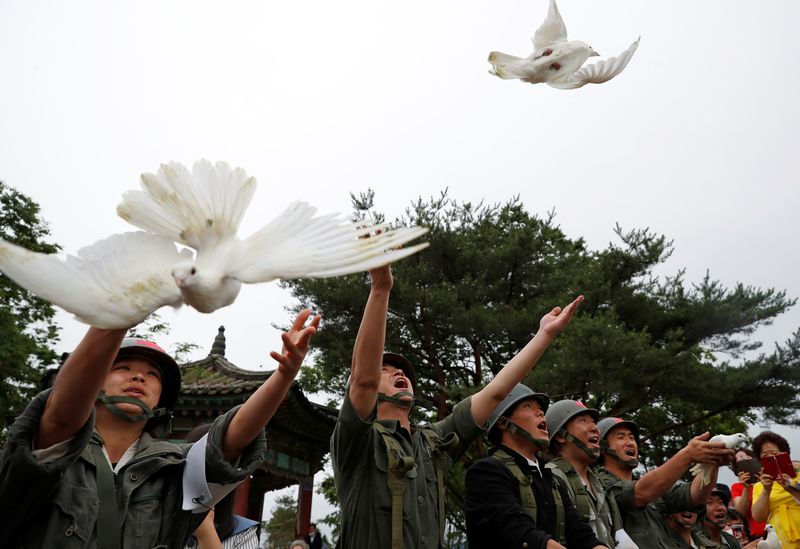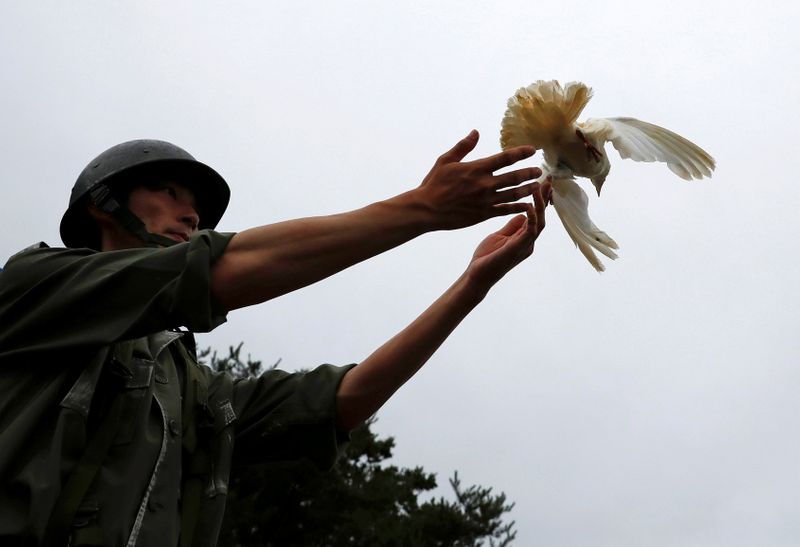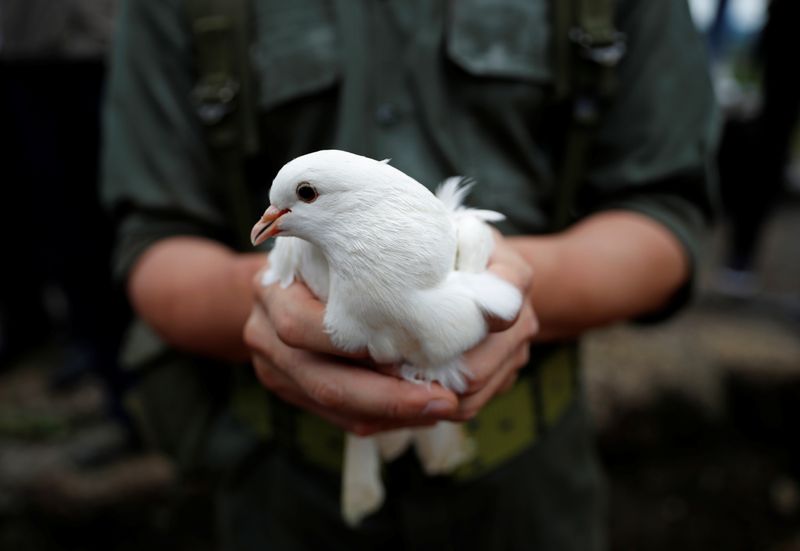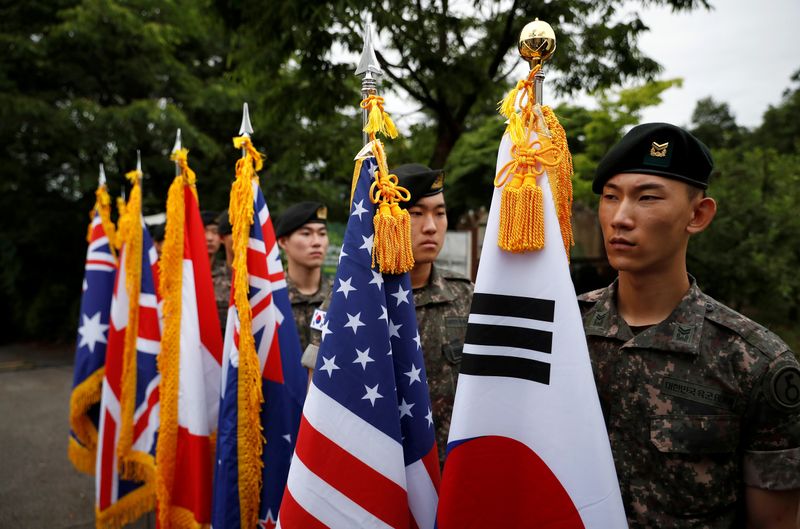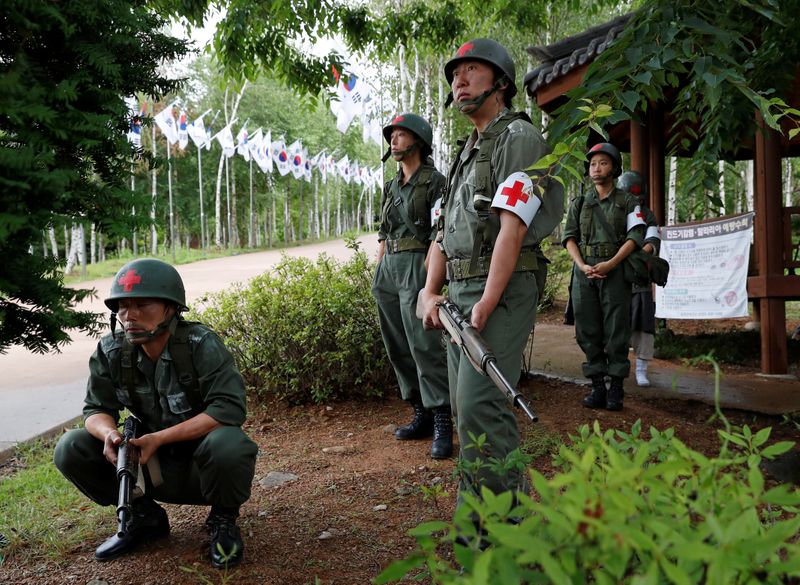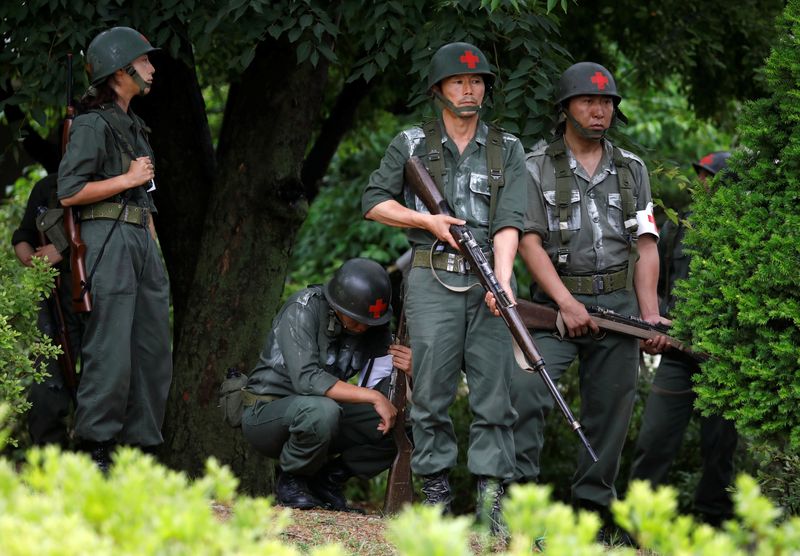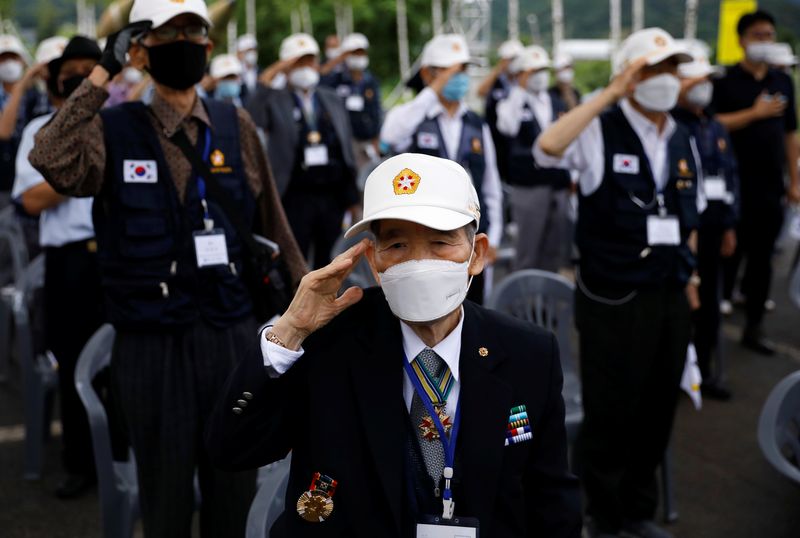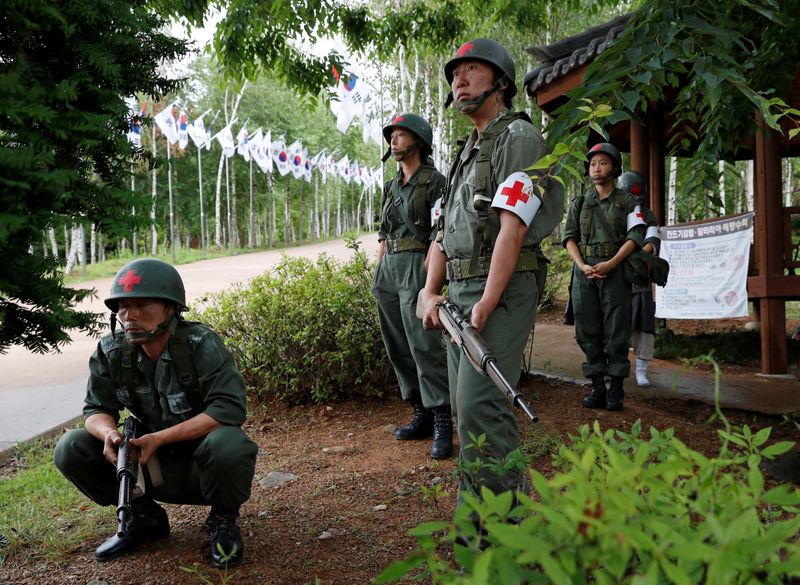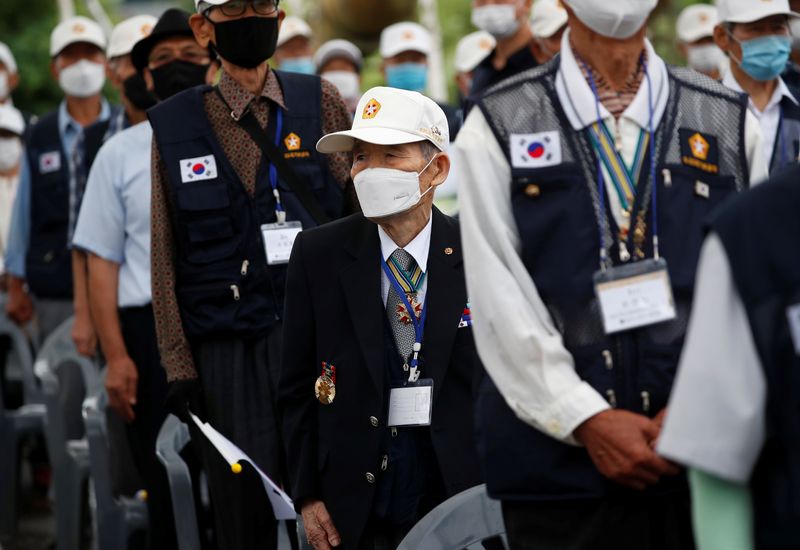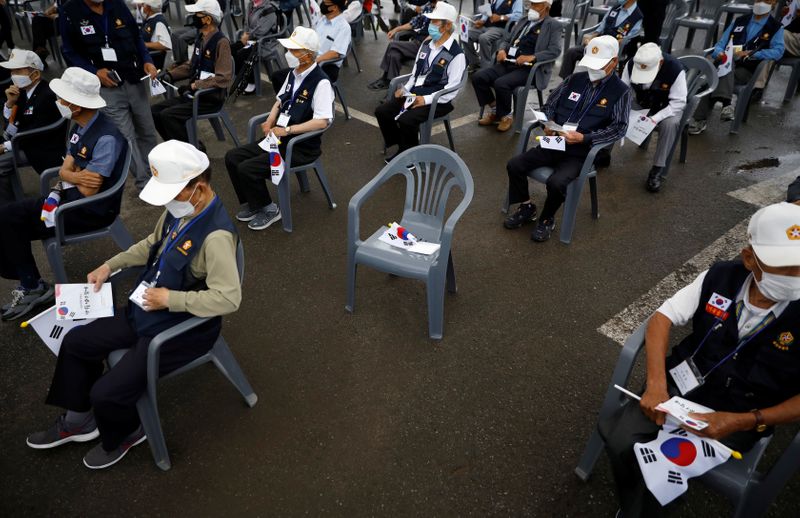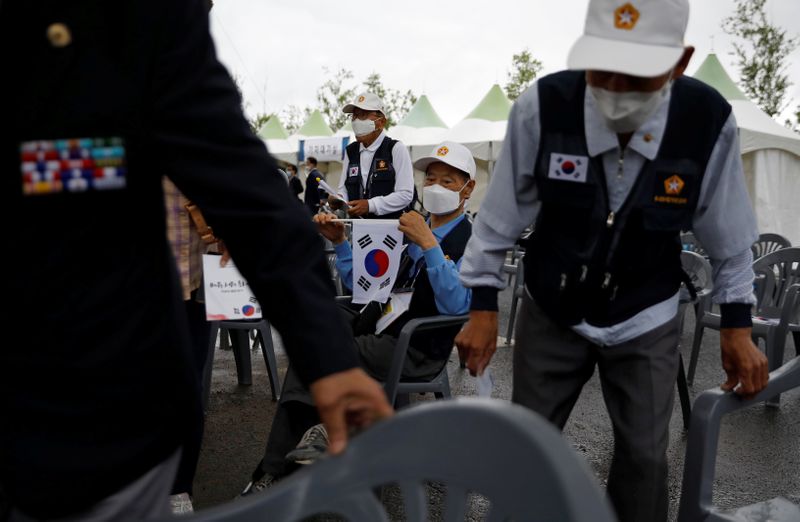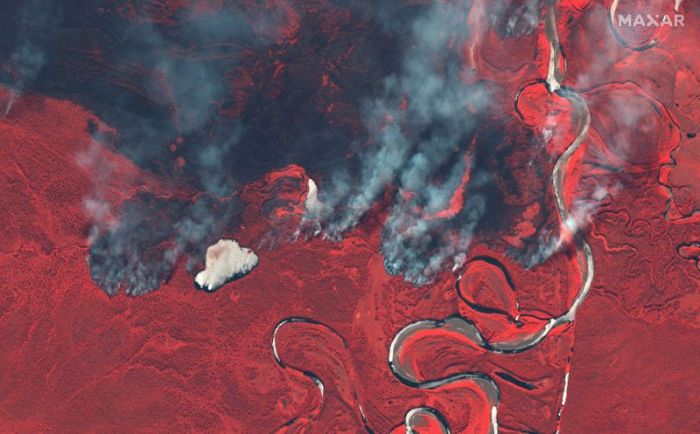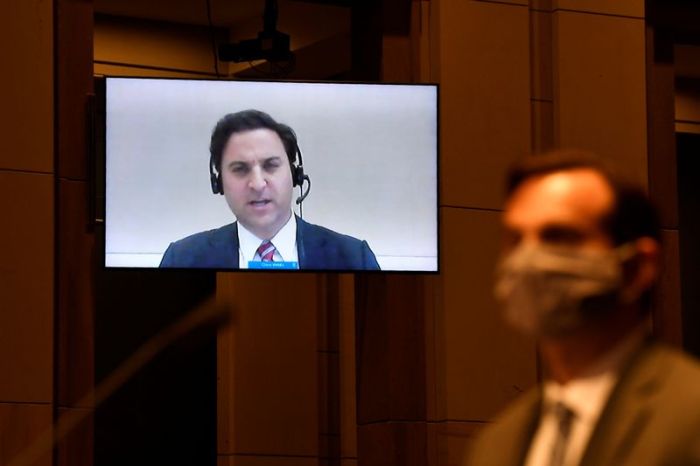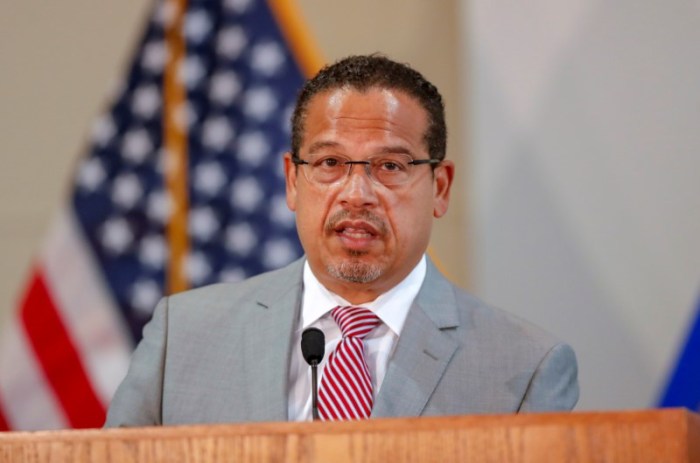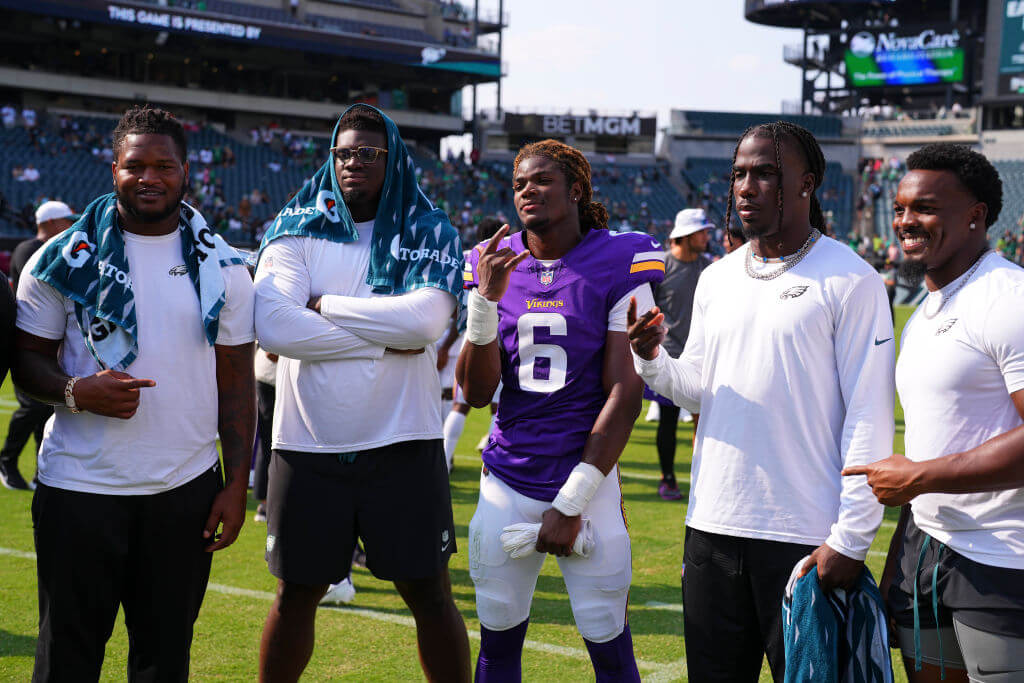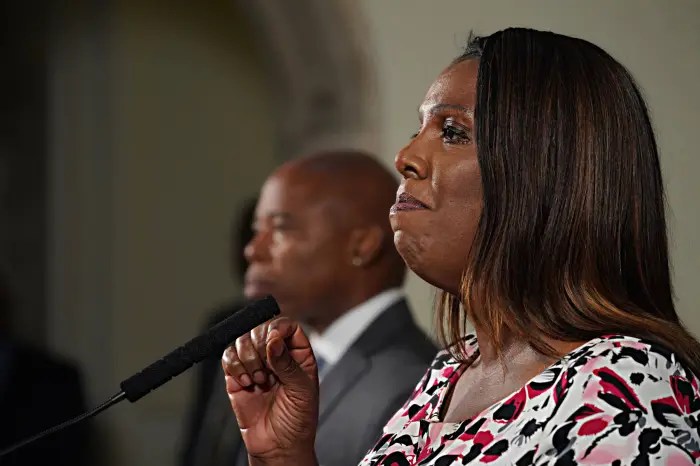SEOUL (Reuters) – Seventy years after the Korean War began, prospects for a peace treaty to officially end the conflict appear as distant as ever, as the two Koreas held low-key commemorations on Thursday amid heightened tension.
The 1950-1953 Korean War ended in an armistice rather than a peace treaty, leaving U.S.-led U.N. forces technically still at war with North Korea.
South Korean leaders in 1953 opposed the idea of a truce that left the peninsula divided and were not signatories to the armistice.
South Korean war veterans gathered to commemorate the anniversary, including one event where U.S. President Donald Trump and other international leaders delivered video messages.
“The war isn’t really over and I don’t think peace will come while I’m still alive,” said 89-year-old veteran Kim Yeong-ho, who attended an event in the South Korean border town of Cheorwon. “The nightmares just keep coming back to me every day.”
North Korea released a 5,500-word report blaming the United States for starting the war, committing atrocities and maintaining decades of hostile policies that left Pyongyang no choice but to pursue nuclear weapons of its own.
As long as the United States clings to a “pathological and inveterate hostile policy” towards North Korea, “we will continue to further build up our strength to contain the persistent nuclear threats from the U.S.”, the Foreign Ministry’s Institute for Disarmament and Peace said in the report, which was carried by state media.
Two years ago, a flurry of diplomacy and summits between North Korean leader Kim Jong Un and the presidents of the United States, South Korea, and China raised hopes that even if the North’s nuclear arsenal was undiminished, the parties might agree to officially end the war.
‘THINK WISELY’
A series of follow-up meetings and working-level talks failed to close the gap, however, and North Korea has taken an increasingly confrontational tone, resuming short-range missile launches, blowing up an inter-Korean liaison office and severing communication hotlines with South Korea.
On Wednesday, North Korea said it had decided to suspend plans for unspecified military action against South Korea, but warned it to “think and behave wisely”.
While South Korea’s military stands ready to counter any threat, Seoul does not wish to force its political or economic systems on the North, South Korean President Moon Jae-in said at an anniversary event.
“We will continuously search for routes that are mutually beneficial for both Koreas through peace,” he said. “Before speaking of unification, I hope that we can become friendly neighbours first.”
Moon oversaw a ceremony in which the U.S. military repatriated the remains of 147 South Korean soldiers who died in the war. The remains were recovered in North Korea in operations dating back to the 1990s.
Recovering remains of the roughly 5,300 American service members missing in North Korea had been one element of a statement signed by Kim and Trump at a Singapore summit in 2018, but after North Korea handed over the remains of at least 62 Americans, those efforts stalled as tensions rose.
Historians have estimated the war may have caused as many as 1 million military deaths and killed several million civilians. Thousands of families were divided with little contact as the heavily fortified Demilitarized Zone (DMZ) cut the peninsula in two.
Despite misgivings from many in the United States, South Korean officials are pushing more forcefully for an end to the armistice arrangement.
“It is time for Korea to take centre stage in maintaining its own peace and security…,” South Korean Vice Foreign Minister Cho Sei-young said on Wednesday.
(Reporting by Josh Smith. Additional reporting by Hyonhee Shin in Seoul, and Chaeyoun Won in Cheorwon.; Editing by Robert Birsel and Nick Macfie)

